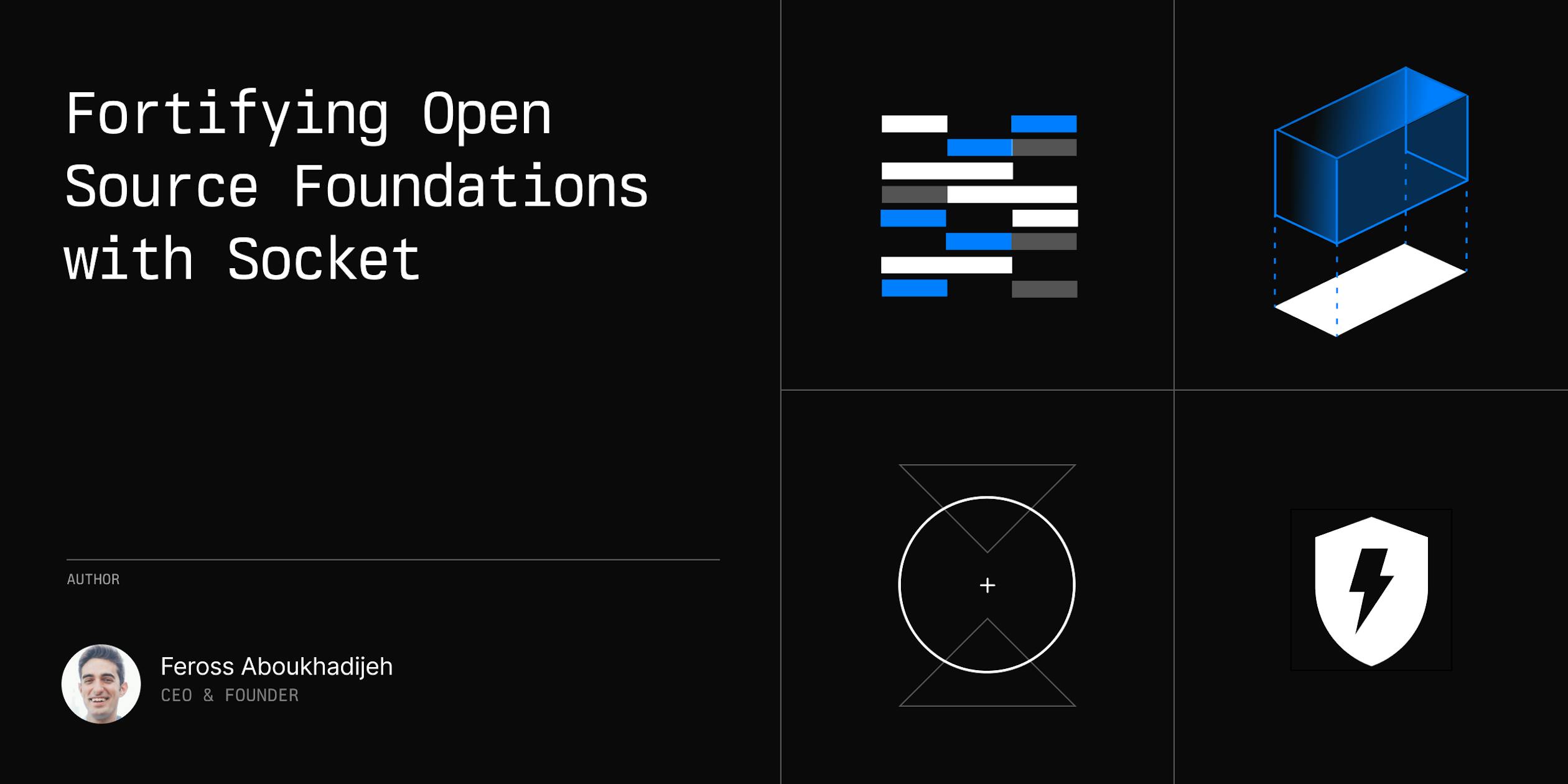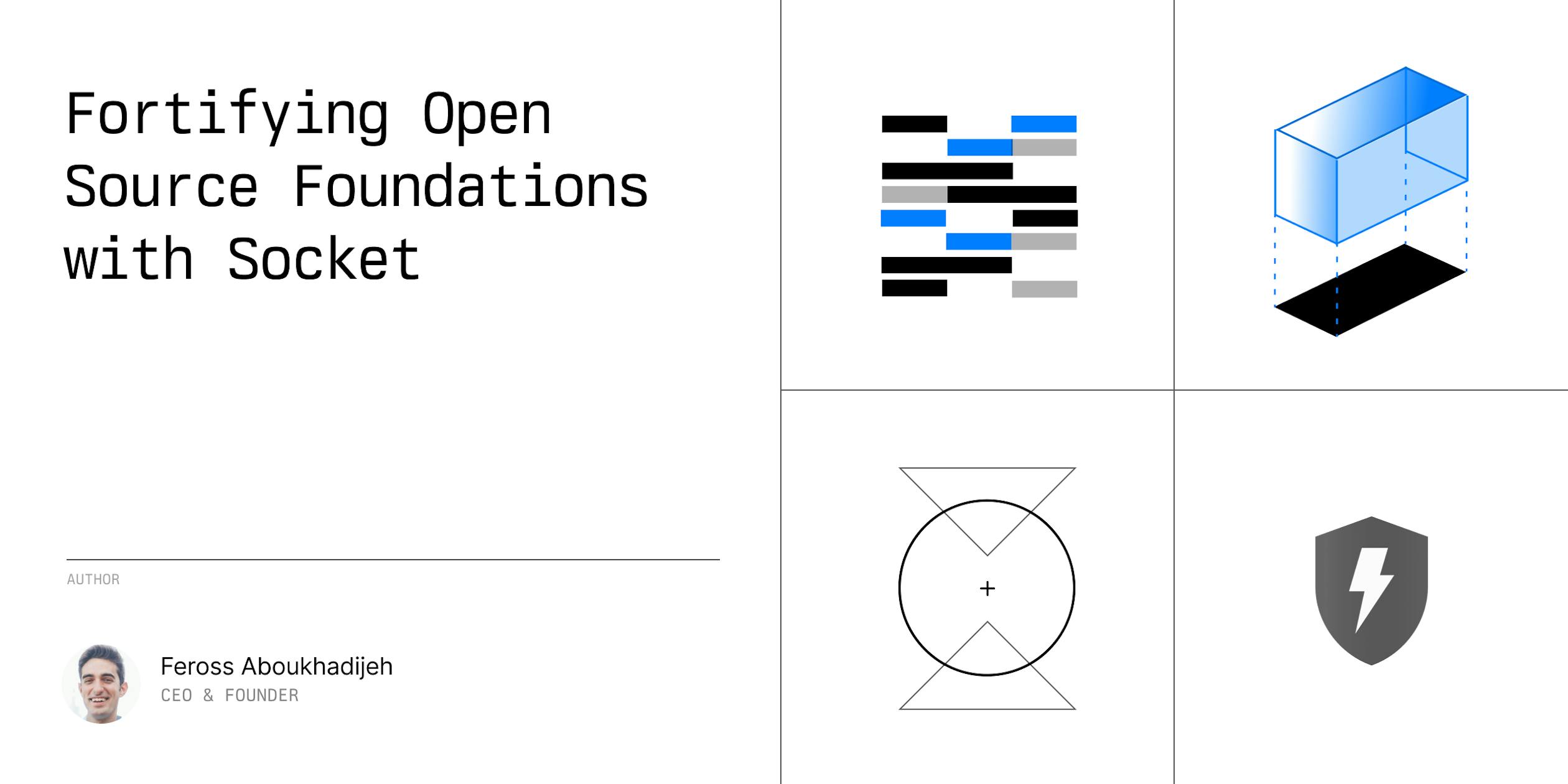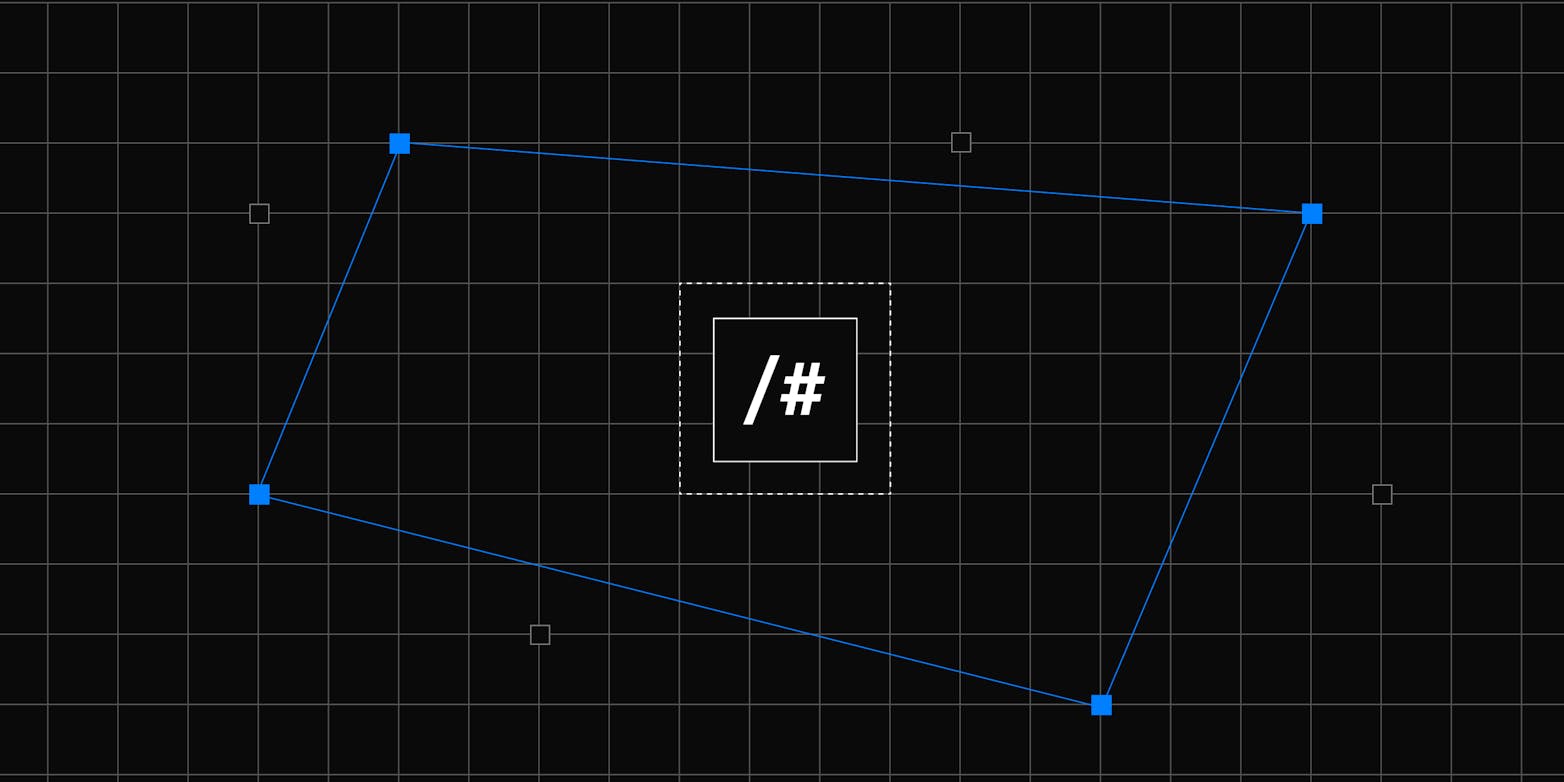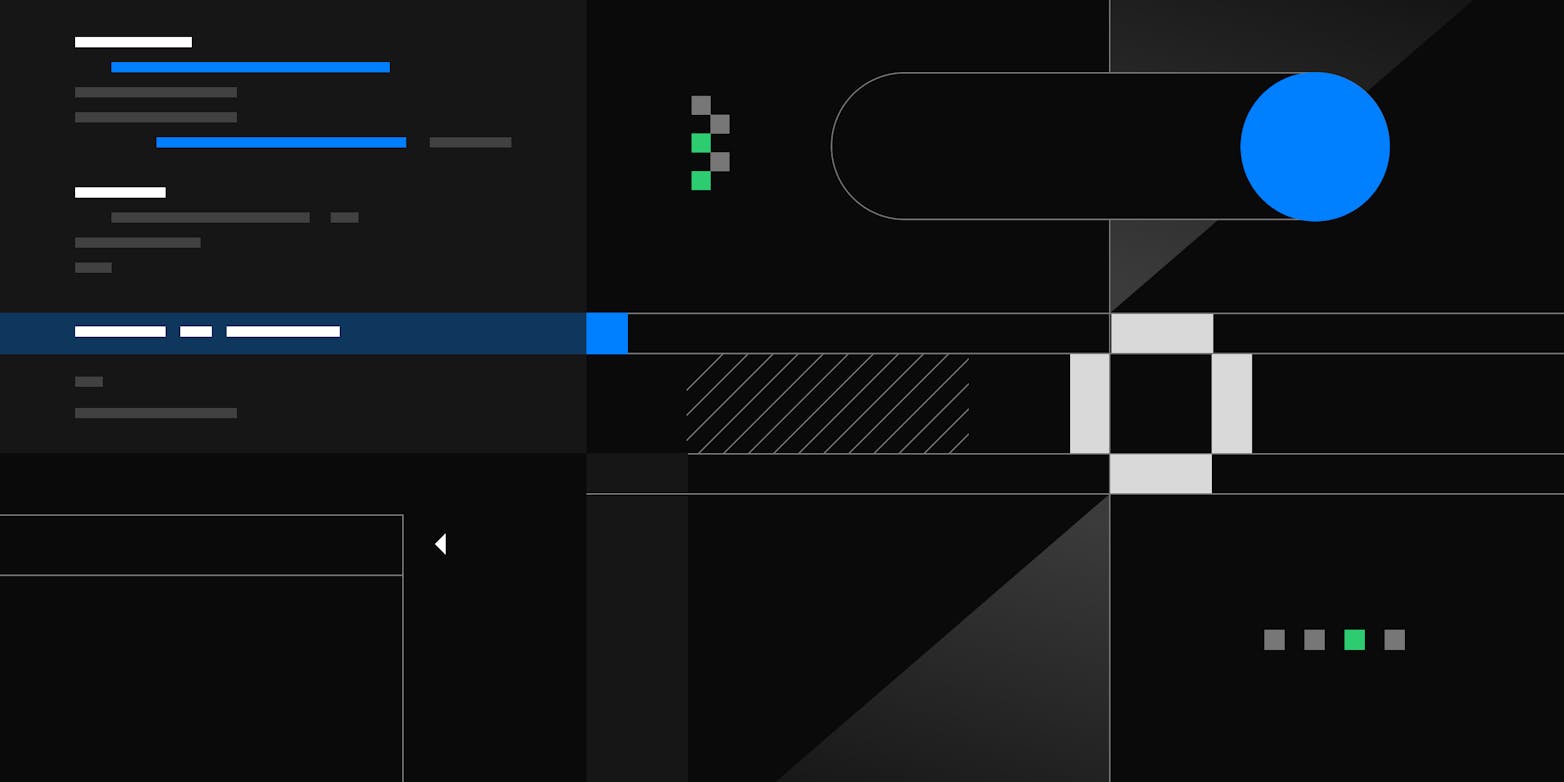As the founder and CEO of Socket, I've observed firsthand the challenges and complexities developers face when selecting open-source packages for their projects. The open-source universe offers many resources, yet navigating it safely and effectively remains formidable.
Understanding whether a package is maintained, reliable, and secure can seem insurmountable. This is where Socket steps in, providing a developer-first security platform that guides developers and security teams in making informed decisions and securing their applications from the ground up.
TL;DR
Socket, a developer-first security platform, is transforming how developers and security teams utilize open-source software, ensuring applications are built on a safe, reliable foundation. By providing critical information on packages' maintenance, reliability, and security status, Socket facilitates informed decision-making, enhancing application security and reducing the workload on security teams. This shift towards proactive, informed, open-source software utilization significantly advances application development and security management.
The Dual Users of Socket: Developers and Security Teams
Socket serves a dual user base, catering to developers and security team members. For developers, the focus is on preemptively avoiding potential security pitfalls by offering insights and risk alerts as early as possible in the development process. This proactive approach spans from web extensions that alert developers about risky packages during their research phase to integration with continuous integration/continuous deployment (CI/CD) pipelines to catch issues before they become embedded in the codebase.
On the other hand, security teams benefit from Socket's capabilities to gain visibility into existing risks within an application's codebase, especially in projects with years of legacy code. By presenting a comprehensive overview of current vulnerabilities and offering a remediation plan, Socket empowers security teams to effectively reduce risks and manage the application's overall security posture.
The Importance of Shifting Left
"Shift left" refers to the strategy of addressing and resolving issues as early in the development process as possible.
Socket embodies the "Shift left" principle to its fullest, providing tools and insights right from the moment a developer contemplates adding a new open-source package. This saves time and resources and ensures that applications are built on a secure and reliable foundation from the start.
The Flaws of Traditional Vulnerability Scanners
The traditional approach to open-source security has primarily revolved around vulnerability scanners, which are reactive by nature. They wait for security researchers to identify flaws and report them, a process that neglects less popular packages and provides a false sense of security for unvetted ones.
Furthermore, the explosion in the number of open-source dependencies within projects has rendered these tools less effective, flooding developers with alerts and creating a desensitizing noise that often goes ignored.
It's quite typical nowadays for an application to have 10,000 dependencies – for better or worse, this has become extremely common.
For example, consider large, singular dependencies like Linux, Apache Web Server, WordPress, jQuery, or Lodash, typically managed by well-established organizations with trusted processes. Traditionally, an application might have around 10 to 20 of these. However, it's common these days for an application to have 10,000 dependencies. This pattern is also seen in package managers developed after NPM, such as Rust's Cargo, where the norm is to utilize numerous small dependencies. And it becomes a source of noise, this dreaded task that developers don't want to spend much time on.
The Socket Difference: Comprehensive and Proactive Security
Socket distinguishes itself by focusing not just on known vulnerabilities but also on the overall health and security posture of open-source packages. By evaluating maintenance status, reliability, and potential security risks before they are officially reported, Socket provides a more comprehensive and proactive security solution. This approach is crucial in today's development environment, where the sheer volume of open-source dependencies can overwhelm traditional security practices.
Once a company grows to 50-100 employees, it hires its first security expert, marking the shift from viewing security as a nice-to-have to recognizing its necessity.
For instance, imagine a developer integrates Socket into their GitHub organization and encounters 500 pre-existing issues. These issues won't impact any new pull requests (PRs) they submit. If they create a PR that introduces a new, but beneficial dependency without increasing risk, Socket will approve it. This approach ensures issues don't hinder developers from past actions or different branches. PRs are evaluated based on the risk level before and after merging. If the risk doesn't escalate, the PR proceeds without warnings, maintaining a focus on relevant alerts.
Implementing Socket is straightforward, requiring minimal effort from developers and security teams. Its integration into the GitHub workflow allows for seamless adoption, making it accessible to projects of all sizes. From individual developers to large enterprises, Socket offers a scalable solution that enhances the security and reliability of applications without disrupting the development process.
The Future of Open Source Security
90% of the code originates from open-source dependencies, while the remaining 10% is written by your development team.
While we scrutinize every line written by our colleagues, the vast expanse of open-source code often gets a free pass despite being the bulk of our applications. These external codes, making up to 90% of our applications, demand the same scrutiny we apply to our work. It's a call to acknowledge that every line of code, whether from our team or an open-source repository, contributes to our applications' overall security and integrity. Embracing this perspective is crucial for safeguarding our creations. Recognizing our dependencies as integral parts of our applications, we must treat them with the same responsibility and care, ensuring a secure and reliable software ecosystem.
Integrating developer-first security platforms like Socket will become increasingly critical as we move forward. The realization that dependencies are an integral part of our applications—and thus our responsibility—demands a shift in how we approach open-source security. It's about building a culture of proactive security management, where every line of code, written by our teams or sourced from the open-source community, is treated with the same scrutiny and care.
Owning Your Risk: Elevating Open Source Security Through Collaboration and Innovation
Ultimately, open-source security comes down to owning your risk surface. Just as you scrutinize internally written code, you must validate that third-party code aligns with your quality and security standards. Embracing platforms like Socket safeguards our applications and supports a healthier, more secure open-source ecosystem.
By standardizing development practices and environments, Daytona complements Socket's security-oriented approach. Daytona provides a cohesive platform for developers to work in a secure, compliant environment and do so with maximum efficiency. This standardization underpins our shared goal: to enable developers and engineering teams to focus on innovation rather than operational or security concerns.
The future of open-source security demands more than vigilance; it demands innovation and collaboration. Through collective effort and the right tools, we can build a future where open-source software is synonymous with security and reliability, benefiting developers, enterprises, and end-users.
Key Highlights:
Socket provides a comprehensive security solution for developers and security teams, focusing on proactive risk management.
The platform's developer-first approach empowers informed decision-making, enhancing application security from the outset.
By addressing security early in the development process, Socket helps avoid costly and time-consuming remediation efforts down the line.
Traditional vulnerability scanners fall short in today's development landscape, where the volume of open-source dependencies requires a more nuanced approach.
Socket's seamless integration and ease of use make it accessible to projects of all sizes, promoting a culture of proactive security across the board.







